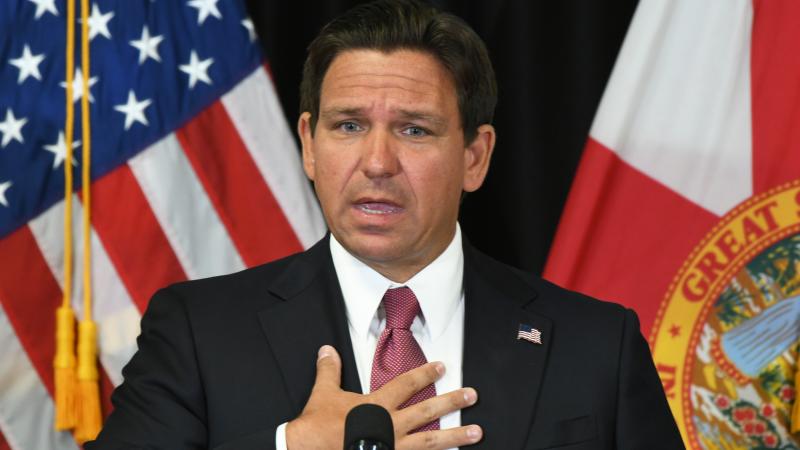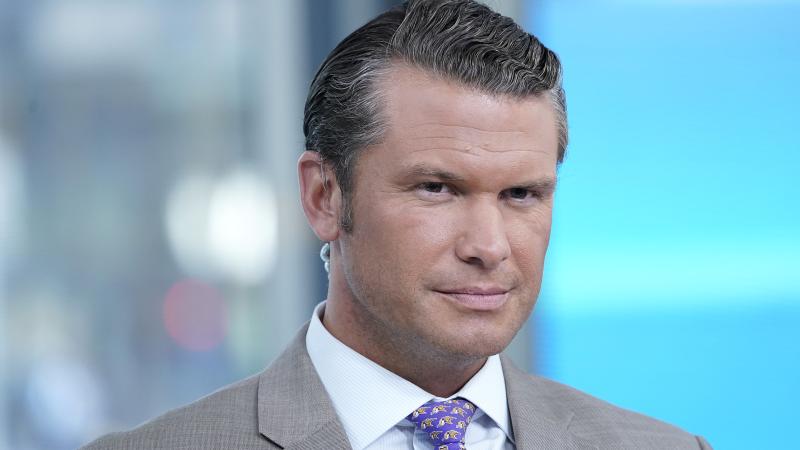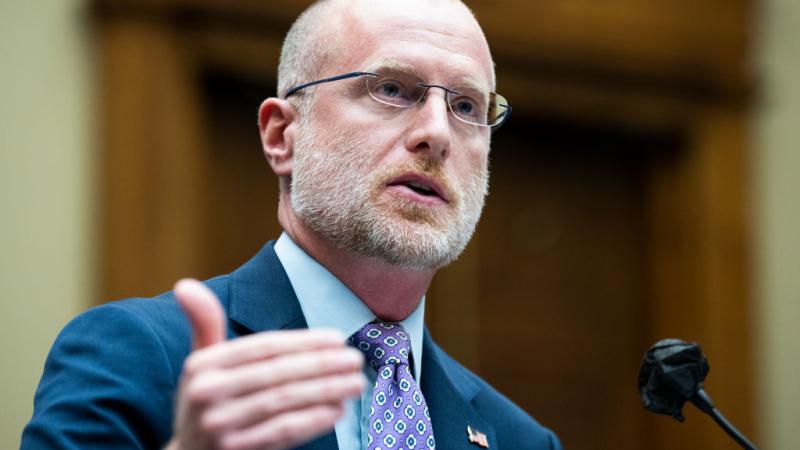Unfunded cost of retirement benefits reaches $1.14 trillion, report warns
New Jersey, California, New York, Texas and Illinois face a hundred billion plus deficit.
New Jersey, California, New York, Texas and Illinois face a hundred billion plus deficit when it comes to paying for the benefits other than pensions promised to state retirees.
The State of New Jersey's unfunded liability for post-retirement benefits other than pensions in state health care plans reached $174.9 billion in 2022. That was the highest in the country, according to a report by the American Legislative Exchange Council. The report stated the nationwide costs of state-sponsored post-retirement benefits reached $1.14 trillion in 2022.
California ($140.2 billion), New York ($133.2 billion), Texas ($120.2 billion) and Illinois ($103.1 billion) rounded out the top five states with the highest liabilities.
Other Post-Employment Benefits are referred to as OPEB by actuaries and includes costs such as retiree health care, life insurance, Medicare Supplement Insurance and deferred compensation.
Nebraska and South Dakota didn't have any unfunded liabilities.
Hawaii had the highest per-capita cost of unfunded liabilities at $19,933. Hawaii's overall unfunded OPEB liability was $28.2 billion, ranking it 11th highest in the U.S.
"Maintaining the status quo for other post-employment benefit plans is no longer a viable option," the American Legislative Exchange Council report concluded. "By ignoring the problem, state policymakers are putting promised benefits in jeopardy and saddling taxpayers with hundreds of billions of dollars in debt."
The American Legislative Exchange Council is a free-market nonprofit that advocates for reducing the costs of government.
The report included model legislation for legislators about how they could pass laws to lower the cost of providing OPEB benefits. One option offered by the report is to have private sector funding of public-sector retiree benefits.













